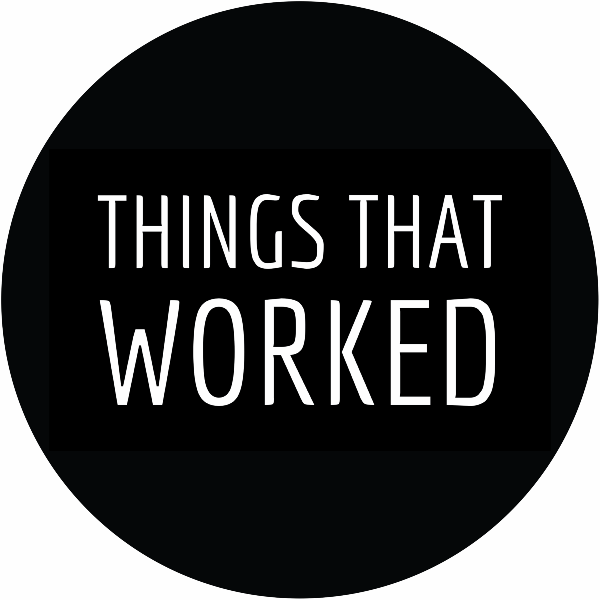Things That Worked: Application for Event Funding
Sample materials to simplify your life
Welcome back for another round of ‘Things That Worked’!
This time, I’m sharing an application I submitted for a grant to fund an event—in this case, an ‘exploratory workshop’.
Why apply for this kind of grant?
There are several reasons why you might want to apply for a grant to fund an event. Here are just a few:
Networking: Hosting an event is a great way to invite your academic idols to come to you! Few things are more flattering than an invitation to come speak somewhere (not that I’m fishing or anything…).
Um…research?: Organising a conference or other event is a great way of pushing your own research forward, as well as supporting the research of others. Conferences are a great opportunity to develop ideas in conversation with others.
Experience/exposure: It always looks good on your CV if you can show that you have experience organising academic events. That’s also a super transferable skill! And as the organiser, you also gain a bit more exposure for yourself, which isn’t a bad thing.
Seed funding: I’ll write more about this another time, but it is my firm belief (backed up by years of personal experience) that in order to win big grants you first have to start by winning smaller ones. Conference/event funding is a great place to start.
Who gives out these kinds of grants?
As I noted in my TTW posts on travel grants and publication grants, the best place to start looking for event funding is close to home. Many departments, institutes, and universities have grants for this sort of thing. However, it’s often not enough to cover all the expenses of a conference. (For the event funded by the grant below, for example, I had to get one grant from an external funding body and a second grant from my university.) Besides, you want options!
The next good place to look is local and national funding bodies, which often have small grants for events. Many scholarly societies also offer grants for this sort of thing. Comb through their websites and see what you can find!
Finally, if you’re organising an event with someone from another institution, see if they can scrounge up some funding there, ideally with you listed as a co-applicant or at least co-organiser! If either of you gets funding, you both get to add the words ‘funded by a grant from X’ to the pertinent entry on your CVs!
What’s the application process like?
This often varies, but there are some details you’ll absolutely need to know before you apply:
Name/theme/purpose of the event. This needs to be clearly articulated, as does the importance of the event. What will it enable participants to achieve? What might it lead to? What might it change within the field? Related to this is…
…Outputs. Do you plan to publish the conference proceedings? Or might you propose a special journal issue that includes papers based on some of the presentations given at your event? Funding bodies love to know whether there will be any concrete outputs that result from your event.
Time and location. The time can always change, depending on everyone’s availability and other factors. But you should at least have some sense of when you’d like it to take place, and where.
Budget. How much money will you need for this? Exactly how will the money be used? Will you offer honoraria to keynote speakers or support anybody’s travel? Will coffee be provided? (If I’m coming, there better be!)
A successful grant application
The following is the application I submitted for a grant nearly a decade ago. The grant was for an ‘International Exploratory Workshop’, and the funding body was the Swiss National Science Foundation, to whom I remain extremely grateful for all the support they’ve given my work over the years. I include the various elements of the form I had to complete, which I think do a good job of organising things visually.
In the end, papers from the workshop were published in an edited volume on Emotion and Medieval Textual Media (Brepols, 2019).
Keep reading with a 7-day free trial
Subscribe to Page by Page to keep reading this post and get 7 days of free access to the full post archives.


